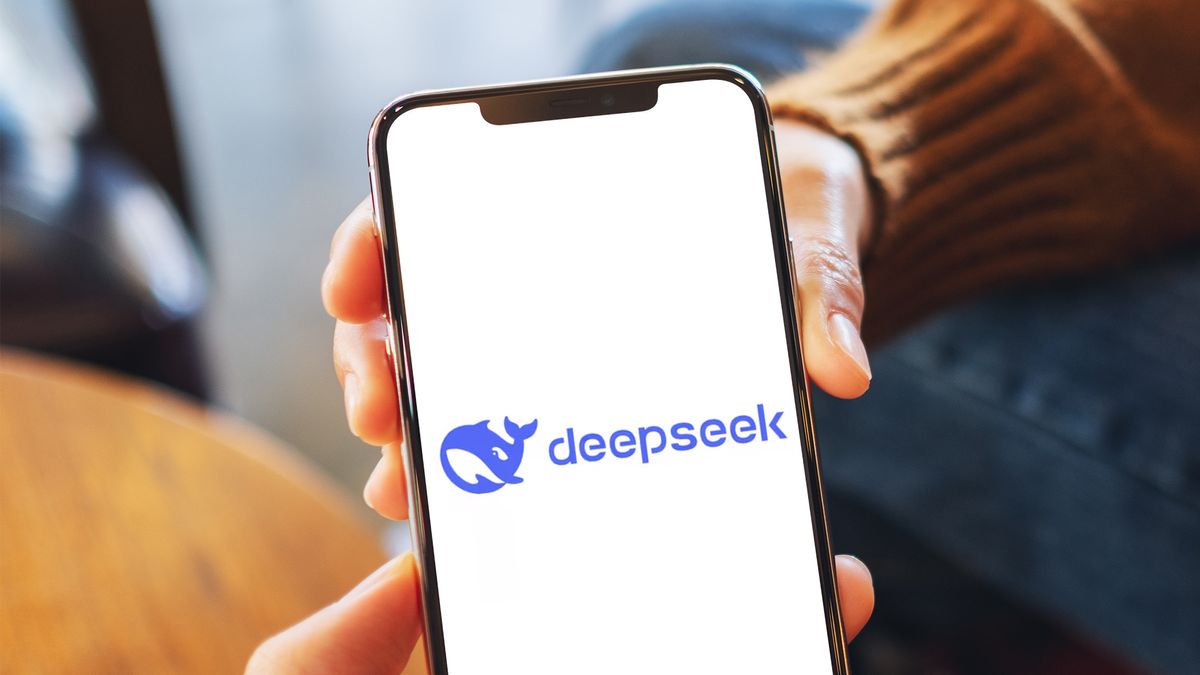1/28/2025
The Impact of DeepSeek's Service Issues on Its Popularity
DeepSeek, a Chinese artificial intelligence startup, has recently skyrocketed into the limelight due to a combination of multiple factors. While the initial spark of interest was ignited by its new AI model, dubbed R1, the subsequent challenges it has faced, particularly its service outages, have painted a complex picture of its burgeoning popularity. Let’s dive into the impact of DeepSeek's service issues and how they could alter its reputation and future growth in the competitive AI landscape.
1. The Rise of DeepSeek
Founded in 2023 by Liang Wenfeng, who's driven by a vision to create artificial general intelligence (AGI), DeepSeek made headlines by dethroning OpenAI's ChatGPT as the most-downloaded free app on the Apple App Store. The company’s R1 model was celebrated for its reasoning capabilities and performance, and it became a serious competitor to established players like OpenAI, Google, and Meta. With an estimated development cost of just around $5.6 million, it achieved what many perceived to be on par with much more expensive models from the U.S. tech giants.
2. The Immediate Euphoria
This rapid rise not only marked the beginning of DeepSeek’s journey as a leader in cost-effective AI solutions but also resulted in significant stock market implications. For instance, the rise of DeepSeek prompted Nvidia shares to drop by nearly 17%, losing nearly $600 billion in market value—the largest drop in a single day for a company. Investors quickly realized that the cheap, yet powerful alternatives from DeepSeek pose a serious threat to their heavy investments geared toward more expensive AI technologies.

3. Service Issues Emerge
However, the high-flying success was soon confronted by large-scale malicious attacks on DeepSeek’s services, leading to significant service interruptions and issues integrating the system for new users. The platform found itself limiting registrations temporarily, mainly to users with Chinese phone numbers, amid fears of service stability. This decision stemmed from the need to mitigate the impacts of what they described as "large-scale attacks" on their capabilities. These incidents raised doubts among users and investors alike about the reliability of the AI service being offered. Existing users, however, could log in as usual—as it was new registrations that were significantly curtailed to enhance security and maintain service integrity.
4. The Fallout of Service Outages
DeepSeek's reputation took a hit due to these outages. Users faced major disruptions, with error messages popping up, difficulties in logins, and reports of slow performance swelling across platforms. Users began to question the reliability of DeepSeek as competition heated up in the AI startup arena, and concerns bubbled regarding whether the service could handle the massive influx of new users while ensuring stability. For instance, many users struggled during peak times when the service evidently throttled due to over-demand or detected foreign attacks. This led to multiple reports of dissatisfaction across various forums.
5. Community Backlash and Brand Reputation
The combination of service interruptions and a listening ear from the community resulted in backlash against the brand, which was earlier praised for its innovative solutions. Tweets, Reddit posts, and other forms of social media began to express frustration over the poor user experience. Users became vocal about their preference for more established AI platforms that prioritize stability and customer service over daring innovations that may have reliability shortcomings.
6. The Bigger Picture: Market Dynamics
This entire scenario underscores the precarious nature of the AI market. Companies like DeepSeek, while ambitious, must navigate not only technological challenges but also manage user expectations and perceptions in a very crowded marketplace where large, established firms like Nvidia, Microsoft, and Google have the budgets to bolster robust infrastructures. The service outages at DeepSeek further heightened the competition as rival firms could capitalize on DeepSeek's misstep.
7. A Comparative Analysis with Rivals
As its service issues unfold, it is essential to compare DeepSeek's approach with that of its competitors. For instance, well-established firms like Nvidia are now seen doubling down on their reputation for reliability. AI services from these companies command both respect and user trust, with consistent performance metrics showcasing strong uptime and customer service practices. The narrative shifts to the necessity for smaller companies to bolster their infrastructure rather than solely focusing on groundbreaking AI products.

8. The Path Forward for DeepSeek
To maintain its leading edge, especially post-DDoS (Distributed Denial of Service) attacks, DeepSeek needs to reevaluate its operational strategy. Incorporating a more robust system for user onboarding, tweaking server responses, and enhancing technical support would be key to rebuilding user trust. Moreover, understanding the specific vulnerabilities that led to service outages is crucial. This may require investments in cybersecurity measures while aligning customer support strategies that mirror competitors' accountability practices.
9. Leveraging Opportunities through Arsturn
In this climate, companies like DeepSeek also stand to benefit from integrating services like those offered by Arsturn into their frameworks. Arsturn allows brands to create custom chatbots to manage user inquiries effectively, ensuring users get real-time assistance regardless of backend issues. With minimal coding required, brands can utilize Arsturn to enhance customer interactions, provide instant information, and gather insightful data on user preferences and concerns.
Utilizing such technology could mitigate the fallout from service interruptions while improving overall user experience.
10. Conclusion: Navigating the Future
Though DeepSeek faced a turbulent ride recently, how it manages these service issues will define its trajectory moving forward. Reassessing its model to bolster reliability amid increased demand, striving for continuous improvements, and integrating advanced tools similar to Arsturn could prove vital.
As the AI landscape evolves, DeepSeek and its competitors will need to adapt. With resilient strategies in place to tackle external and internal challenges, it remains to be seen how DeepSeek will leverage its innovation to reclaim its footing.
Just as DeepSeek races to grow, you too can enhance your brand’s interaction with Arsturn, harnessing the best of conversational AI to engage and connect with your audience like never before!